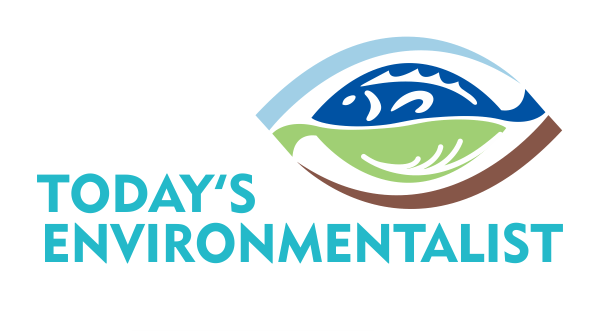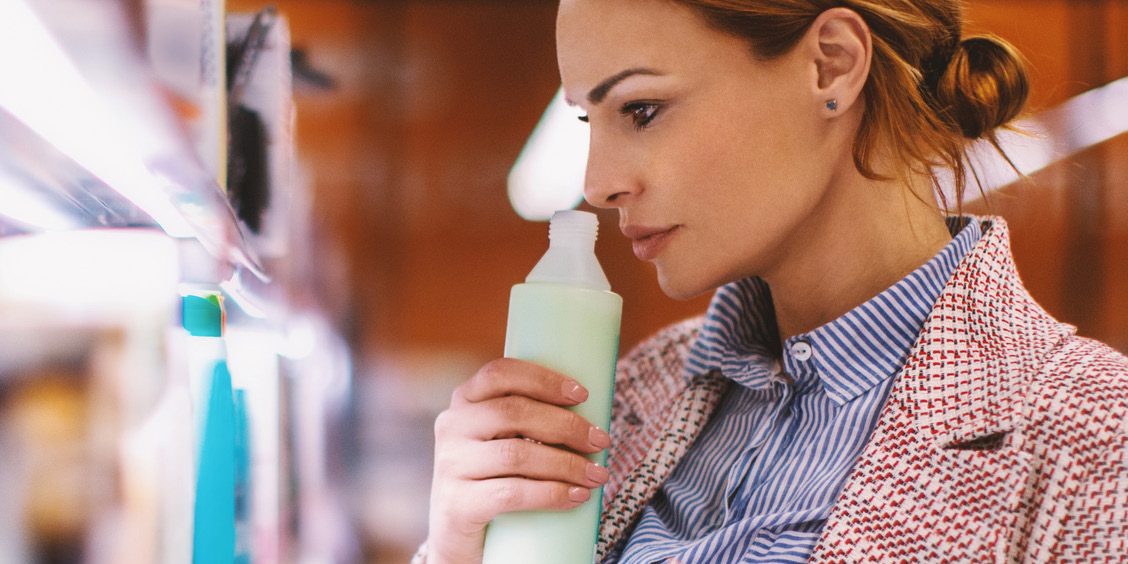The Breast Cancer Prevention Partners (BCPP) has released a landmark report — Right to Know: Exposing Toxic Fragrance Chemicals in Beauty, Personal Care and Cleaning Products. The report exposes the presence of harmful fragrance chemicals linked to cancer, hormone disruption, reproductive harm, and respiratory toxicity that did not appear on the label.
“BCPP’s report reveals that when we use common beauty and personal care products, we are exposed to a shocking number of unlabeled, unregulated toxic fragrance chemicals without our knowledge or consent,” said Janet Nudelman, Director of Program and Policy at BCPP and Director of BCPP’s Campaign for Safe Cosmetics.
BCPP’s Campaign for Safe Cosmetics and over 20 NGOs and safe cosmetic companies from around the country collaborated on selecting 32 beauty, personal care and cleaning products for laboratory testing via two-dimensional gas chromatography Time-of-Flight analysis.
“Our report found that fragrance chemicals made up three-quarters of the toxic chemicals in the beauty and personal care products we tested,” said Connie Engel, Ph.D., BCPP Senior Manager of Science Translation. One in four of the total 338 fragrance chemicals BCPP detected in personal care products were linked to serious, chronic health effects.
A U.S. federal labeling loophole and unregulated $70 billion global fragrance industry allows dozens – sometimes even hundreds – of chemicals to hide under the word “fragrance” on the product labels of beauty and personal care products. The same is true for cleaning products except worse; no federal law requires labeling the majority of ingredients in these products.
“I am both deeply disturbed and sadly not surprised that ‘Just for Me Shampoo,’ which had the highest number of hazardous chemicals of any products tested, is a product marketed to black girls,” said Nourbese Flint M.A., policy director at Black Women for Wellness. “There has been a long history of companies using toxic chemicals in products marketed to and used by Black women, which is further highlighted by this report. BCPP’s Right to Know makes the case that disclosure of secret fragrance ingredients is needed to protect our children, and other vulnerable populations, from unsafe chemical exposures. Black moms and the larger community want and need better disclosure and regulation of chemicals that are harmful to our families.”
“BCPP’s product testing further confirms our worst fears, that the fragrance industry does not screen carefully for safety and routinely uses harmful chemicals to make fragrance. It is absolutely unacceptable that fragrance ingredients are kept hidden from the public,” said Alexandra Scranton, Director of Science and Research at Women’s Voices for the Earth. “Fragrance houses and manufacturers are putting public health at risk.”
No U.S. state or federal law regulates the safety of fragrance chemicals or requires the disclosure of fragrance ingredients to consumers, manufacturers or even regulatory agencies. The 80-year-old federal Food, Drug and Cosmetic Act grants the FDA only meager authority to check the $84 billion cosmetics industry. Cosmetic companies can use practically any raw material to formulate a cosmetic product without FDA pre-market safety testing or review.
Today, U.S. Rep. Jan Schakowsky (Democrat-Illinois) introduced the Safe Cosmetics and Personal Care Products Act of 2018, the only federal cosmetic safety bill that calls for full fragrance ingredient disclosure to consumers, manufactures and the FDA. The bill also requires supply chain transparency and industry data sharing to address the lack of safety data available for fragrance ingredients.
“This new report shows that we urgently need more transparency and better regulation of beauty and personal care products and the fragrances they contain,” said Rep. Schakowsky. “That’s why I introduced the Safe Cosmetics and Personal Care Products Act of 2018, which not only calls for full fragrance disclosure, but would ban toxic ingredients including carcinogens in personal care products.
Consumers and workers have been at risk for too long because of secret chemicals in the products they use every day. My bill will address this important consumer and worker safety issue and give the FDA the resources it needs to ban unsafe beauty and personal care products.”
Everyone is at risk of harmful chronic health impacts from secret fragrance chemicals, particularly vulnerable populations like kids, communities of color, pregnant women and workers in the beauty and home care industries. The presence of unknown, unlabeled toxicants is cause for serious concern because scientific evidence suggests that unsafe chemical exposures in our everyday lives add up to harm to human health and the environment.
“Our report documents that hidden fragrance chemicals made up the vast majority of toxic chemicals detected in the beauty and personal care products we tested,” said Nudelman. “Congress can swiftly address this buyer beware situation by supporting the Safe Cosmetics and Personal Care Product Act of 2018 which requires the disclosure – and regulates the safety – of secret fragrance chemicals.”
Media Contacts:
Erika Wilhelm, Breast Cancer Prevention Partners media@bcpp.org 415-321-2920
About Us
Breast Cancer Prevention Partners (BCPP) is the leading national science-based policy and advocacy organization working to prevent breast cancer by eliminating our exposure to toxic chemicals and radiation. In 26 years, BCPP has achieved much, including passing critical state and federal legislation, issuing over 30 major scientific reports, and influencing multi-national corporations such as Unilever, Procter & Gamble and Johnson & Johnson to adopt safer chemical policies. Visit www.bcpp.org.
The Campaign for Safe Cosmetics, a project of BCPP, is a broad-based national coalition of nonprofit environmental health and justice, workers’ rights and women’s health organizations and safe cosmetic companies. The Campaign’s mission is to protect the health of consumers, workers and the environment by securing the corporate, regulatory and legislative reforms necessary to eliminate dangerous chemicals linked to cancer, reproductive harm and other adverse health impacts from cosmetics and personal care products. Visit www.safecosmetics.org.








